12 Things Boomers Call “Luxuries” That Millennials Just Call Life

In the ever-evolving landscape of generational differences, what one generation might consider a luxury, another sees as an everyday necessity. As technology and societal norms shift, so do perceptions of what is essential for daily life. Millennials, who have grown up in a fast-paced, interconnected world, often view certain conveniences as non-negotiable, contrasting sharply with the perspectives of Boomers, who were shaped by different experiences and economic realities. This blog post delves into twelve modern conveniences that Boomers may label as luxuries, while Millennials embrace them as integral parts of their lives, highlighting the fascinating evolution of lifestyle expectations.
1. High-Speed Internet

Imagine a world where downloading a single song took almost as long as your morning commute. Boomers recall the screech of dial-up connections as a significant technological leap. Yet, for Millennials, fast Wi-Fi is as crucial as electricity or water.
The need for speed goes beyond entertainment. It’s about efficiency in a world where remote work and instant communication are the norms. Buffering videos or lagging video calls are more than nuisances; they’re disruptions.
Millennials demand seamless online experiences, integrating high-speed internet into the very fabric of their existence. This generational shift highlights the rapid technological advancements and changing expectations in modern living.
2. Smartphones
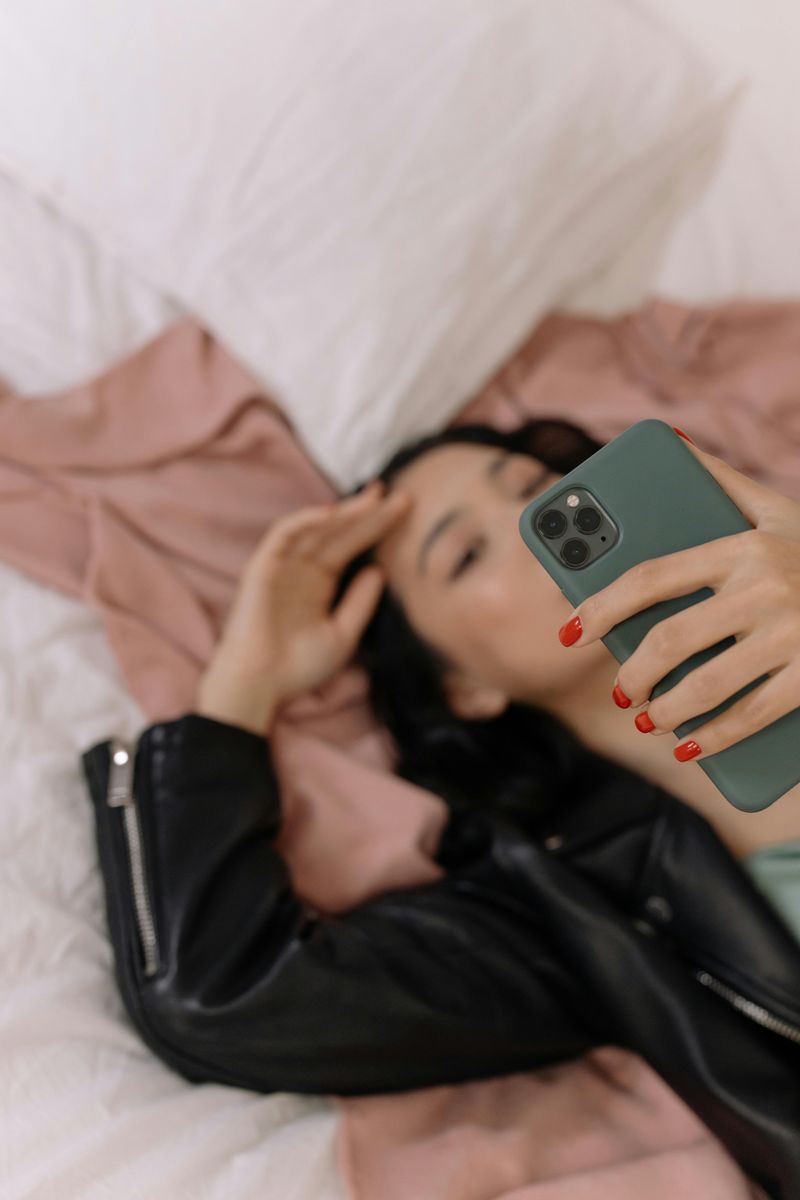
For Boomers, the smartphone may seem like an extravagant gadget, but to Millennials, it’s a lifeline. This pocket-sized powerhouse is not just for calls and texts; it’s a bank, a map, an office, and a social connector.
The way Millennials use smartphones underscores their reliance on technology for everyday tasks. From paying bills to finding love, this device is their trusted companion. It’s more than a phone; it’s a digital swiss army knife.
In this wired age, smartphones represent the merging of multiple worlds into a single, interconnected device, illustrating a profound shift in how modern generations engage with the world.
3. Streaming Services
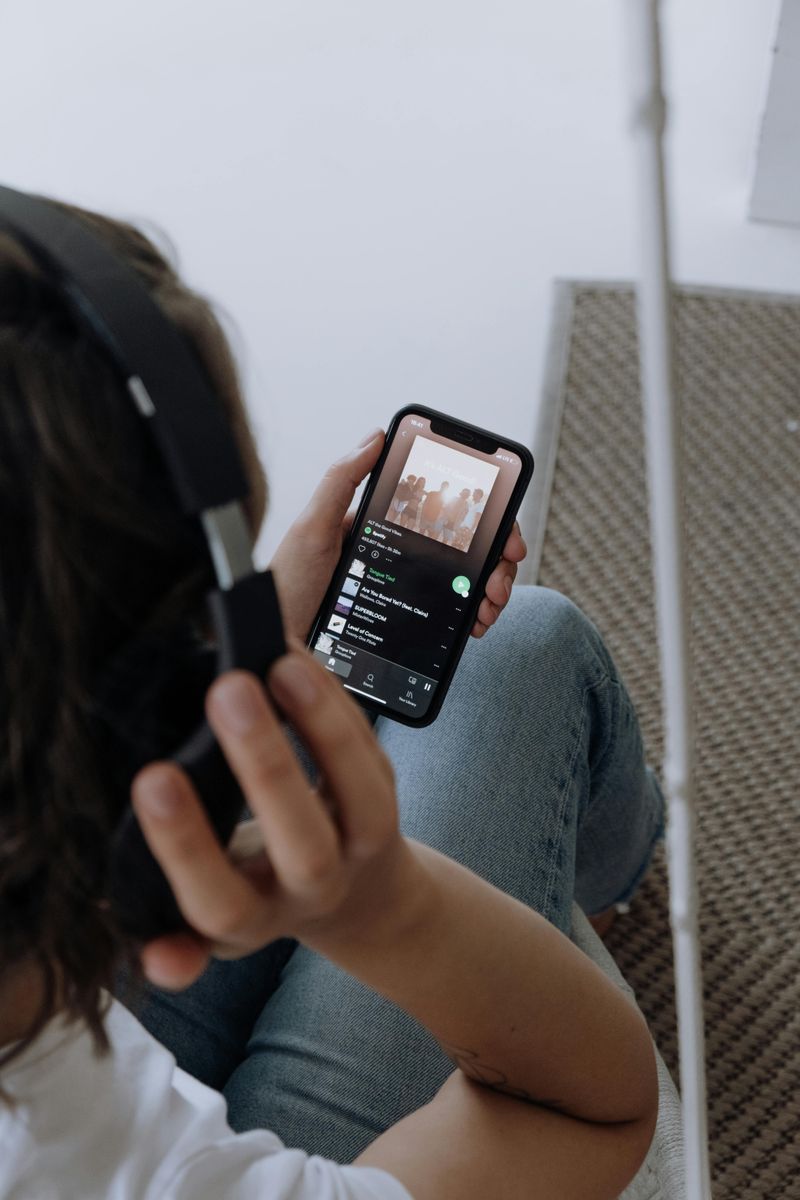
Remember when cable TV was a luxury? Boomers do. However, Millennials have redefined entertainment consumption through streaming services. Netflix, Spotify, Disney+ – these aren’t extras; they’re the new baseline for media consumption.
Gone are the days of waiting for your favorite show to air. Now, binge-watching entire seasons in one sitting is the norm. This shift reflects a broader cultural trend towards on-demand, personalized entertainment.
For Millennials, streaming services offer both convenience and variety, catering to an era where content is king, and viewers are in control. It’s a world where entertainment is tailored, immediate, and always accessible.
4. Daily Coffee Runs
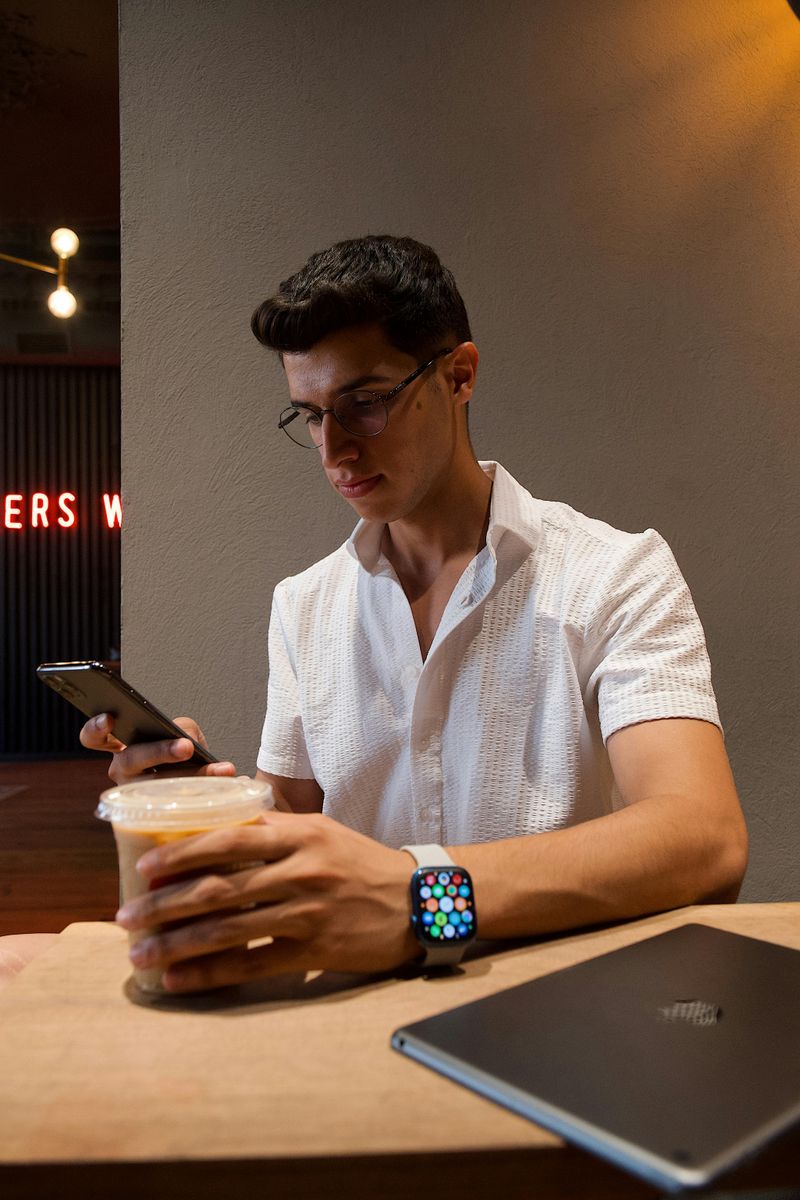
A $5 latte might seem like an extravagance to Boomers who brewed their coffee at home. To Millennials, coffee shops are a second home, a place where work and leisure coexist.
These daily rituals are more than just caffeine fixes. They represent a lifestyle where the boundaries between work, socializing, and relaxation blur. A coffeehouse is an office, a meeting spot, and a sanctuary.
It’s a reflection of a generation that values experiences and connectivity, even in their choice of beverage. For Millennials, the coffee run is a blend of necessity and indulgence, reflecting a nuanced approach to modern living.
5. Dining Out or Takeout
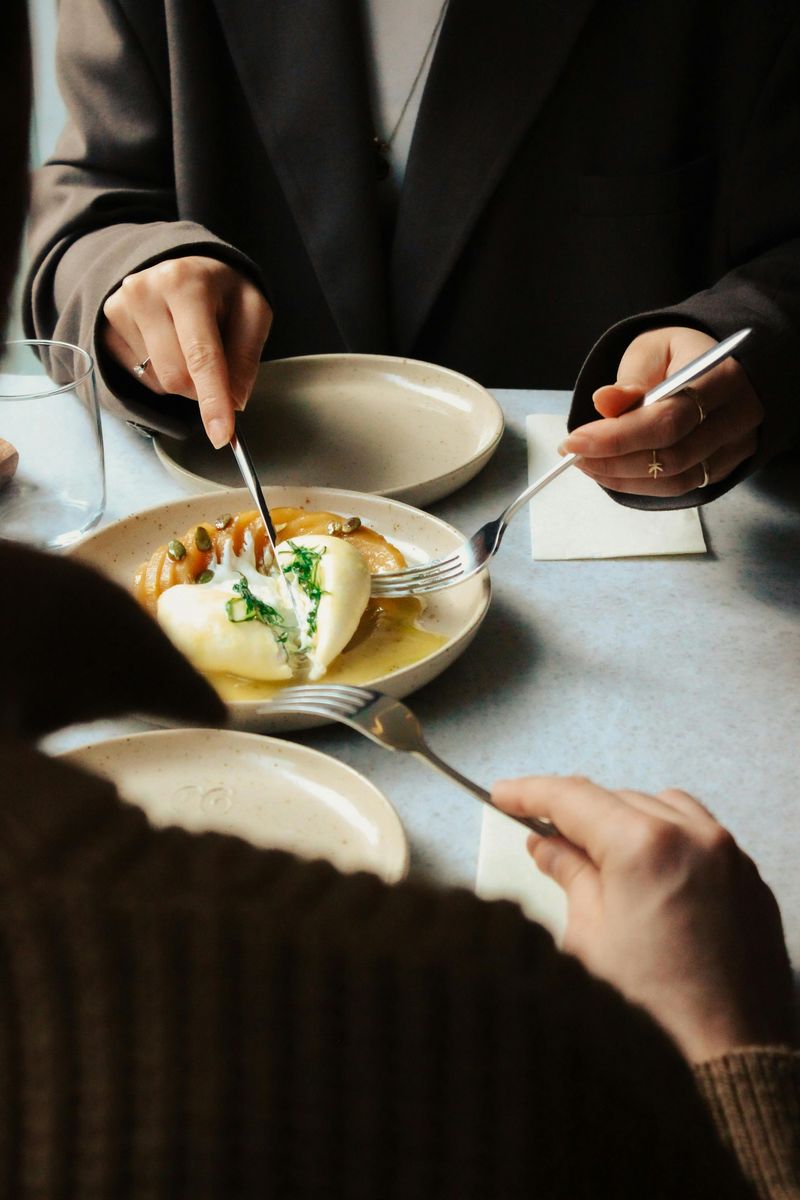
For Boomers, dining out was often reserved for special occasions. Millennials, however, view takeout as a staple, a solution to their fast-paced lives. Cooking at home is no longer the default.
With the rise of food delivery apps, culinary diversity has become accessible and convenient. It’s about savoring global flavors without leaving the couch.
In this era of hustle culture, the kitchen has taken a backseat. Dining out or ordering in is more than convenience; it’s a lifestyle choice that reflects Millennials’ value of time and experience over tradition.
6. Wellness & Mental Health Services
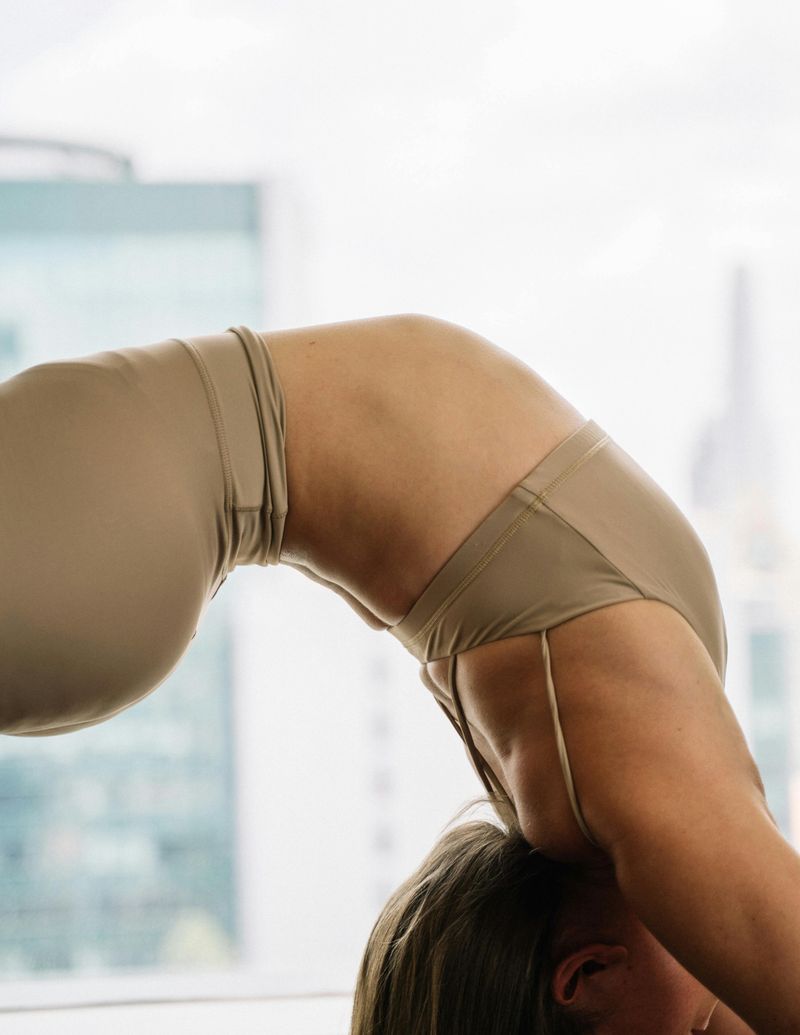
Mental health and wellness have transcended from luxury to necessity. Boomers might have seen therapy or yoga as indulgent, but Millennials prioritize mental balance and self-care.
The rise of mindfulness apps and wellness retreats highlights a generational shift towards holistic health. It’s not just about physical fitness; it’s about nurturing the mind and spirit.
This focus on wellness reflects a broader cultural acceptance and understanding of mental health. For Millennials, investing in mental well-being is as crucial as physical health, underscoring the evolving perceptions of self-care.
7. Gym Memberships or Fitness Apps
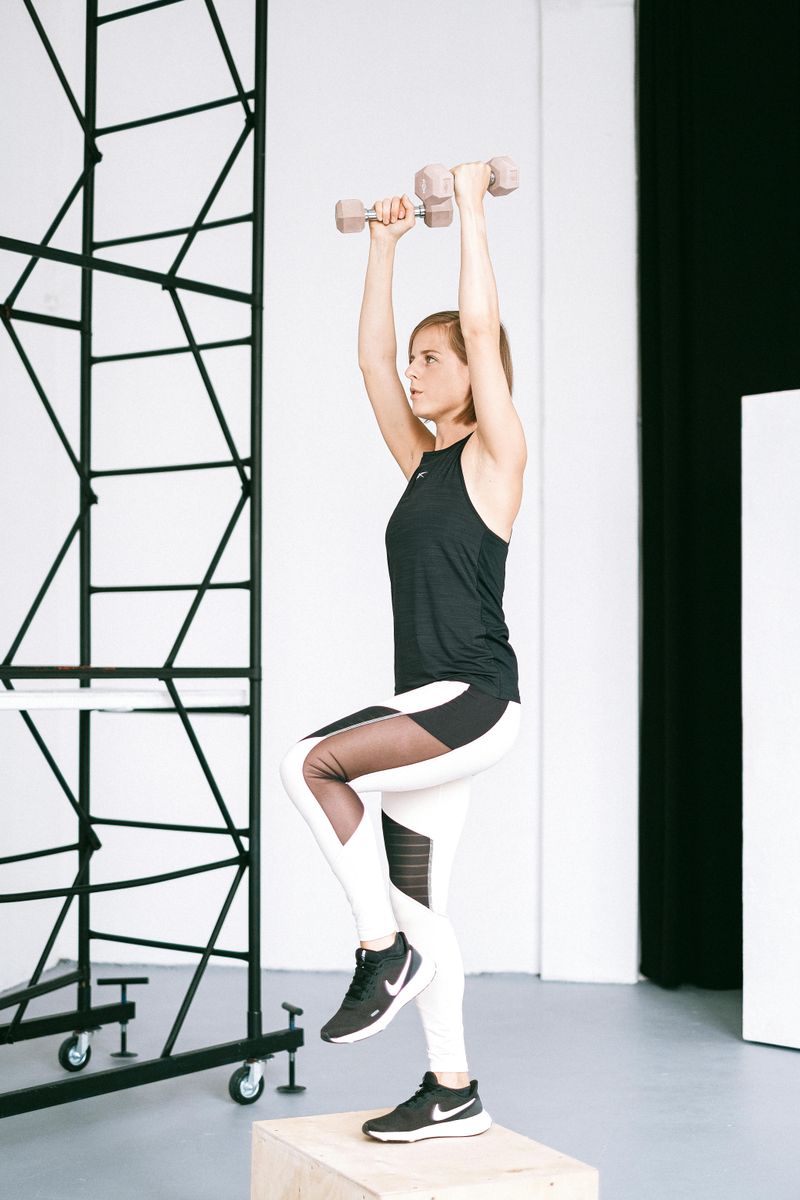
Exercise is no longer synonymous with a simple walk in the park. Millennials view gym memberships and fitness apps as essential health investments, not optional luxuries.
While Boomers might see these as extras, for Millennials, they represent a commitment to a balanced lifestyle. The convenience of digital workouts caters to a generation constantly on the move.
This approach to fitness emphasizes flexibility and personalization, reflecting the changing priorities in health and wellness. It’s a proactive stance on well-being, integrating technology and fitness into everyday life.
8. Travel and Weekend Getaways

Travel, once a retirement dream for Boomers, is a way of life for Millennials. They prioritize experiences over possessions, embracing travel as a path to self-discovery.
Weekend getaways and spontaneous road trips are not just escapes but opportunities for growth and exploration. This wanderlust is fueled by a desire to experience cultures, rather than accumulate things.
For Millennials, travel is not a luxury but an essential component of a balanced life. It signifies freedom, adventure, and an ever-expanding worldview, reinforcing the shift from materialism to experiential richness.
9. Work-From-Home Comforts

The traditional office setting is evolving, and Millennials lead the charge. For Boomers, a home office might seem extravagant, but for Millennials, ergonomic chairs and dual monitors are productivity essentials.
As remote work becomes more prevalent, creating a comfortable and efficient workspace at home is vital. It’s about enhancing well-being and maintaining a work-life balance.
This shift underscores a broader change in work culture, where flexibility and comfort are prioritized. Millennials redefine professional environments, illustrating the new norms of where and how we work.
10. Subscription Boxes & Delivery Services

Gone are the days when meal kits and delivery services were considered luxuries. For Millennials juggling hectic schedules, these are time-saving essentials.
Boomers might view them as unnecessary, but for Millennials, subscription boxes offer convenience and discovery. Whether it’s groceries or curated lifestyle products, everything is a click away.
This trend reflects a shift towards efficiency and personalization in consumption, illustrating how modern lifestyles reshape traditional purchasing habits. It’s about maximizing time and minimizing effort in a fast-paced world.
11. Pets as Family

For many Millennials, pets are not just companions but cherished family members. Boomers may question the lavish spending on pets, but Millennials prioritize their furry friends’ well-being.
From premium food to pet daycare, these expenses are seen as necessary, not extravagant. It’s about ensuring their pets enjoy a high quality of life.
This perspective highlights a generational shift towards deeper emotional connections with pets, reflecting a broader trend of redefined family dynamics. Millennials embrace their pets with love and care, integrating them fully into their lives.
12. Fashion Beyond “Practical”
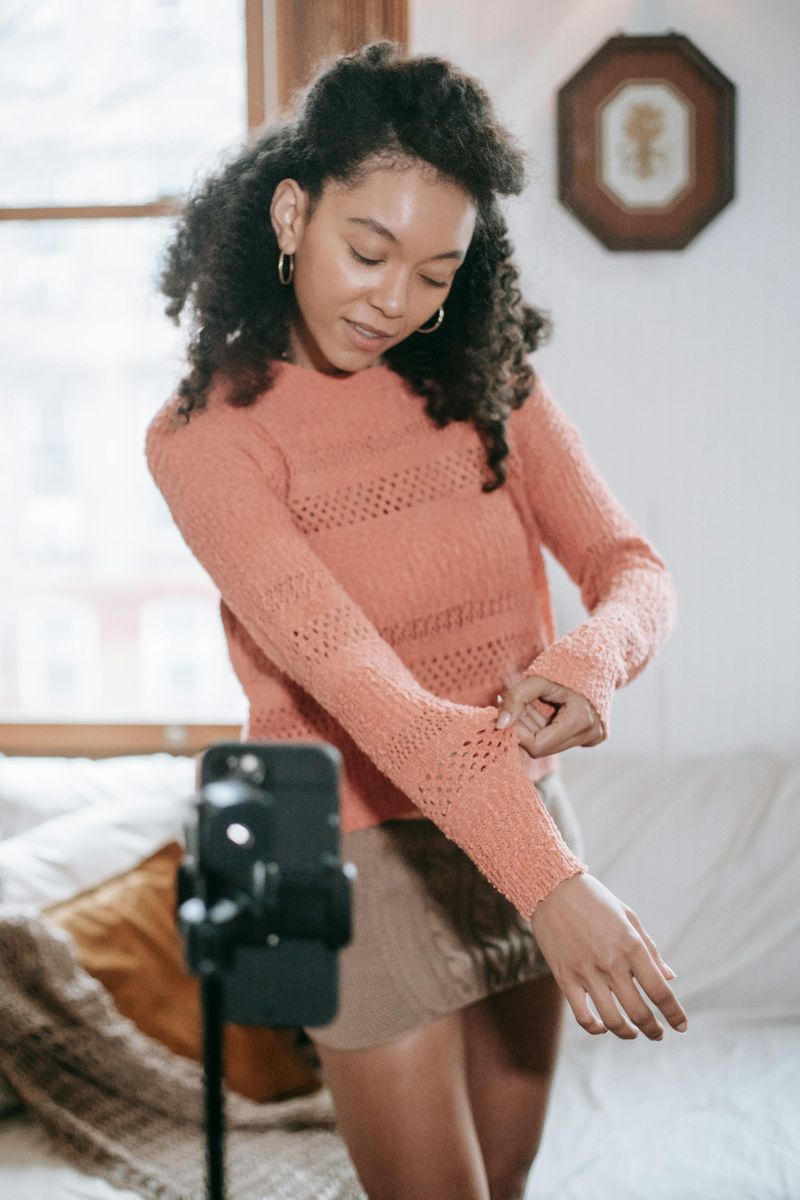
Fashion for Millennials is an expression of individuality, not just functionality. Boomers might prioritize practicality and durability, but Millennials embrace fashion as a tool for self-expression.
Sneakers, thrift finds, and sustainable brands narrate stories of creativity and conscious choices. It’s about identity and personal values reflected through style.
This fashion-forward approach highlights a broader cultural movement towards diversity and sustainability. For Millennials, clothing is more than attire; it’s a canvas showcasing who they are and what they stand for in a dynamic world.

Comments
Loading…